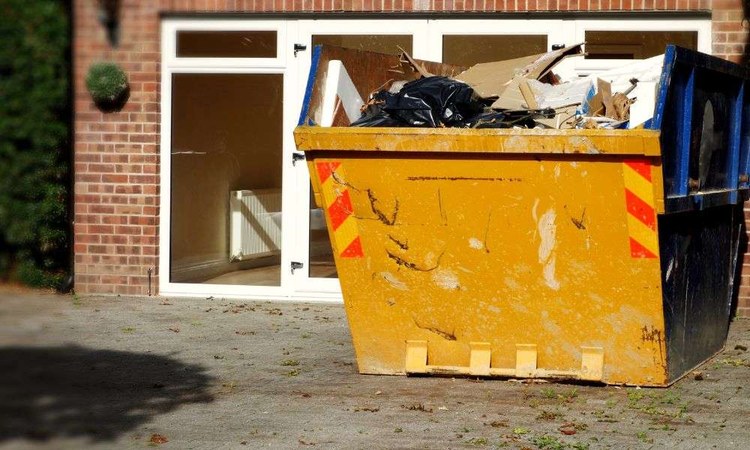Doors: Enhancing Home Security and Style
Doors play a crucial role in our homes, serving as both functional barriers and aesthetic elements. They provide security, privacy, and contribute significantly to a property's overall appearance. While often overlooked, doors are an essential component of any building, and choosing the right one can make a substantial difference in both form and function.

How do doors impact home energy efficiency?
Doors play a significant role in a home’s energy efficiency. Well-insulated doors can help maintain indoor temperatures, reducing heating and cooling costs. Energy-efficient doors often feature weatherstripping, tight seals, and materials with high R-values to minimize heat transfer. Some modern doors incorporate advanced technologies like low-E glass coatings or foam cores to further improve insulation. By investing in energy-efficient doors, homeowners can potentially lower their utility bills and reduce their carbon footprint.
What factors should be considered when choosing a new door?
Selecting the right door involves considering several factors. Material is crucial, as it affects durability, maintenance requirements, and aesthetics. Wood doors offer classic beauty but may require more upkeep, while fiberglass and steel doors provide durability with less maintenance. Security features, such as reinforced frames and multi-point locking systems, are essential for exterior doors. Style and design should complement the home’s architecture and personal taste. Energy efficiency ratings, warranty terms, and installation requirements are also important considerations when making a door purchase.
How can doors enhance home security?
Doors are a primary line of defense against intruders, making their security features paramount. High-quality locks, including deadbolts and smart locks, significantly improve a door’s security. Reinforced door frames and strike plates can resist forced entry attempts. Peepholes or video doorbells allow homeowners to identify visitors before opening the door. For sliding doors, additional measures like security bars or pins can prevent them from being lifted off their tracks. Some homeowners opt for security doors with steel construction and multiple locking points for maximum protection.
What are the financing options for door replacement or installation?
Replacing or installing new doors can be a significant investment, and various financing options are available to help homeowners manage the cost. Many door companies offer in-house financing programs with competitive interest rates and flexible payment terms. Home improvement loans from banks or credit unions are another option, often providing larger loan amounts for extensive projects. For those with sufficient home equity, a home equity loan or line of credit can be used to finance door upgrades. Credit cards with promotional 0% APR periods may be suitable for smaller projects, allowing homeowners to spread the cost over several months without accruing interest.
How do door materials affect cost and longevity?
The choice of door material significantly impacts both initial cost and long-term value. Here’s a comparison of common door materials:
| Material | Average Cost | Lifespan | Maintenance | Energy Efficiency |
|---|---|---|---|---|
| Wood | $500-$3000+ | 20-60 years | High | Moderate |
| Fiberglass | $250-$2000 | 15-30 years | Low | High |
| Steel | $200-$1500 | 30-100 years | Low | High |
| Aluminum | $200-$1000 | 20-30 years | Low | Moderate |
| Vinyl | $200-$800 | 20-30 years | Low | High |
Prices, rates, or cost estimates mentioned in this article are based on the latest available information but may change over time. Independent research is advised before making financial decisions.
The material chosen affects not only the initial investment but also long-term costs associated with maintenance and energy efficiency. While wood doors may have a higher upfront cost and require more maintenance, their classic appeal and potential for customization make them a popular choice. Fiberglass and steel doors offer excellent durability and energy efficiency at a more moderate price point, with lower maintenance requirements. Ultimately, the best choice depends on individual needs, budget, and the specific requirements of the home.
In conclusion, doors are integral to home security, energy efficiency, and aesthetics. By carefully considering factors such as material, security features, and financing options, homeowners can make informed decisions that enhance their living spaces while managing costs effectively. Whether prioritizing style, security, or energy savings, there’s a door solution to meet every need and budget.






